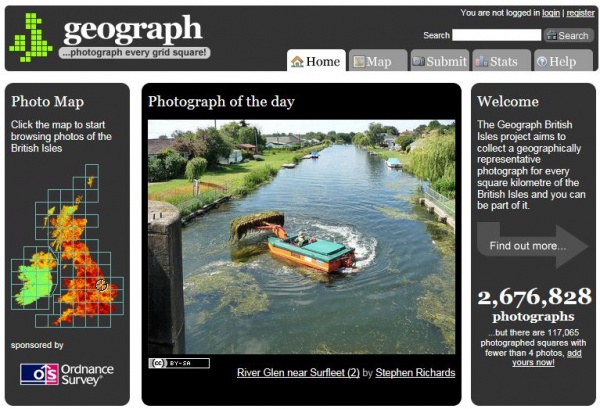Gayle Martin, Arts & Culture Offiicer, Curriculum Support Falkirk Council Education has been working in partnership with Clare Hoare at Stirling Council to develop Creative Conversations. The lastest event was led by Paul Collard. Paul has over 25 years experience of working in the arts and is an expert in delivering programmes that use creativity and culture as drivers of social and economic change. He joined the U.K government’s flagship creative learning programme, Creative Partnerships in January 2005 and played a crucial role in clarifying the purpose of Creative Partnerships and streamlining the delivery of the programme in schools. Paul delivered our latest Creative Conversation ‘How do we Capture & Measure Creativity’ on Wed 17th April at the Tollbooth.
Throughout the session Paul discussed how to identify and recognise creativity in order to measure. As part of the Creative Partnerships work in England Cambridge University carried out research examining the pedagogy of creative practice, as part of this they outlined the following:
Pupils need risk for motivation – this gives learners incentive to work. Schools can be too low risk – pupils need high visibility outcomes. High functioning pupils will be physically, socially, emotionally and intellectually engaged equalling high performance pupils.
Other Creative indicators are:
Essential Psychological Needs
Key Ingredients
Defining Creativity






![11092012853_jpg[1]](https://blogs.glowscotland.org.uk/fa/public/CurriculumSupport/uploads/sites/1906/2013/04/11092012853_jpg1.jpg)
![11092012851_jpg[1]](https://blogs.glowscotland.org.uk/fa/public/CurriculumSupport/uploads/sites/1906/2013/04/11092012851_jpg12.jpg)





